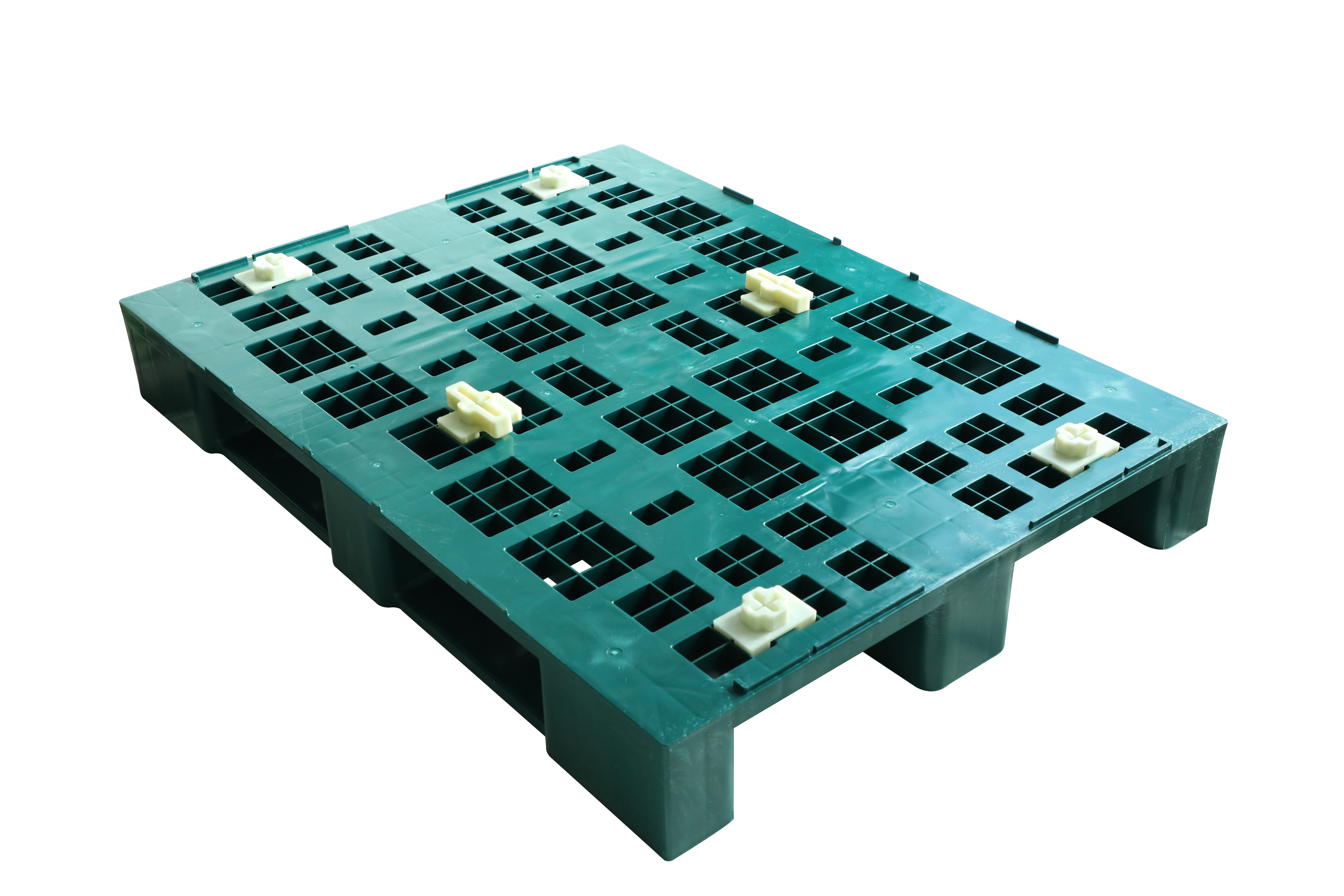Plastic pallets have become a popular choice for businesses in various industries, including the poultry industry, for their durability and versatility. Recyclable plastic pallets are especially favored for their eco-friendly nature, making them an ideal choice for egg transportation. However, like any other product, there are pros and cons to using plastic pallets, especially in the context of egg transportation.
Poultry Virgin HDPE recyclable plastic pallets are specifically designed to meet the unique requirements of egg transportation. They are made from high-density polyethylene (HDPE), which is a durable and resilient material that can withstand the rigors of transportation and distribution. These plastic pallets are also recyclable, making them an environmentally responsible choice for businesses looking to minimize their impact on the environment.
One of the main advantages of using recyclable plastic pallets for egg transportation is their durability. Unlike traditional wooden pallets, plastic pallets are not susceptible to moisture, mold, or insect infestations. This makes them an ideal choice for transporting delicate cargo like eggs, as they provide a clean and hygienic surface for the eggs to rest on during transportation. Additionally, plastic pallets are lightweight, which can help reduce the overall weight of a shipment, potentially leading to cost savings in transportation.
Another benefit of using plastic pallets for egg transportation is their consistent sizing and shape. Unlike wooden pallets, which can vary in size and shape, plastic pallets are manufactured to strict specifications, ensuring a uniform fit in transportation vehicles and storage areas. This can help streamline the logistics of egg transportation and storage, saving time and effort for businesses.
Furthermore, recyclable plastic pallets offer a sustainable alternative to traditional pallets. By choosing recyclable plastic pallets, businesses can contribute to the reduction of waste and the conservation of natural resources. These pallets are also designed to be reused multiple times, further reducing the environmental impact of transportation and distribution operations.
However, there are also some potential drawbacks to using plastic pallets for egg transportation. While plastic pallets are durable, they can be more susceptible to damage from forklifts and other handling equipment. Additionally, the upfront cost of plastic pallets may be higher than that of traditional wooden pallets, although the long-term durability and reusability of plastic pallets can offset this initial investment.
In conclusion, recyclable plastic pallets, such as Poultry Virgin HDPE plastic pallets, are an excellent choice for businesses looking to transport eggs in a reliable, efficient, and environmentally responsible manner. Their durability, consistent sizing, and sustainability make them a preferred option for many businesses in the poultry industry. However, it is important for businesses to carefully consider the potential drawbacks of using plastic pallets and weigh them against the numerous benefits they offer. Ultimately, the decision to use plastic pallets for egg transportation will depend on the specific needs and priorities of each individual business.
Post time: Mar-14-2024

